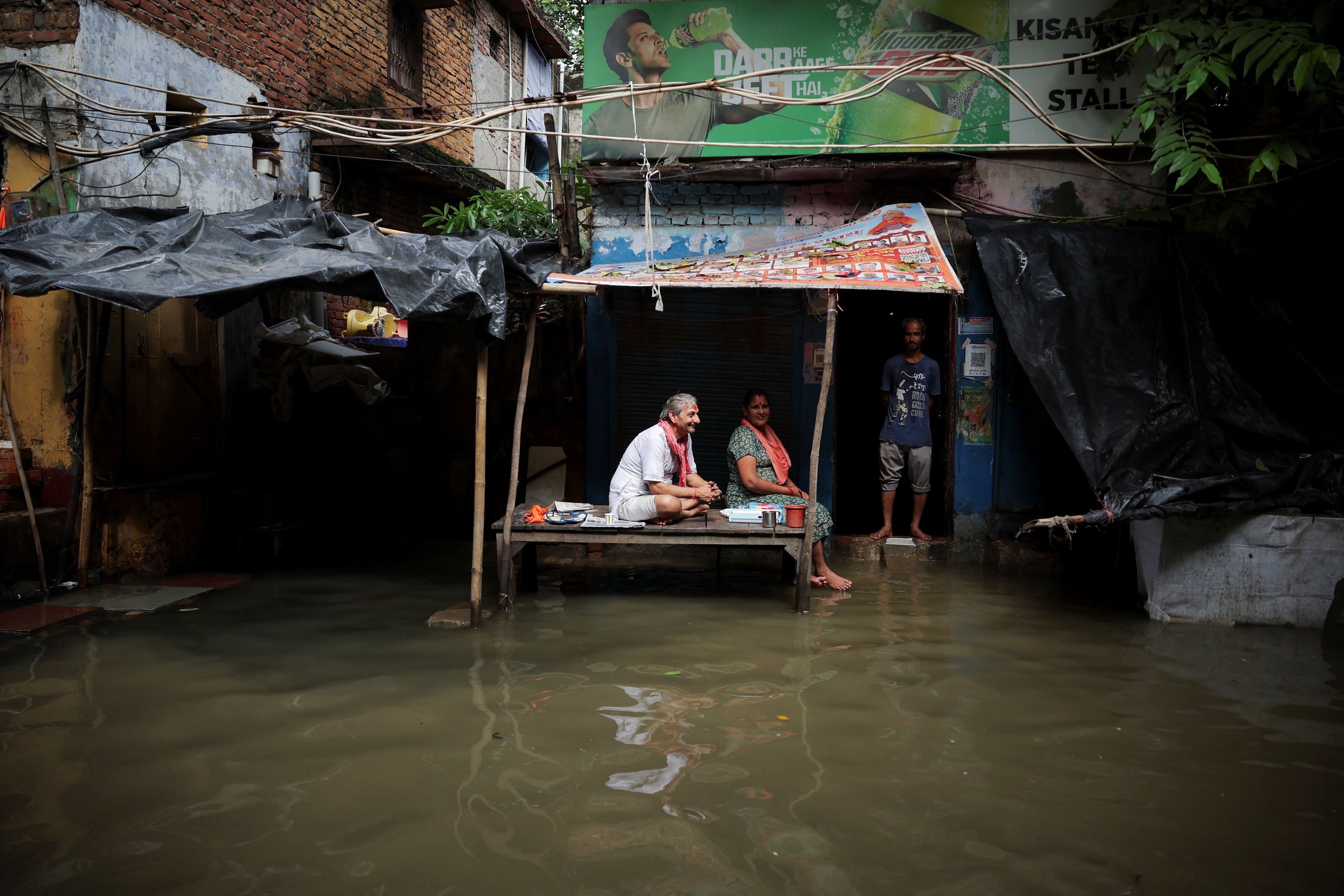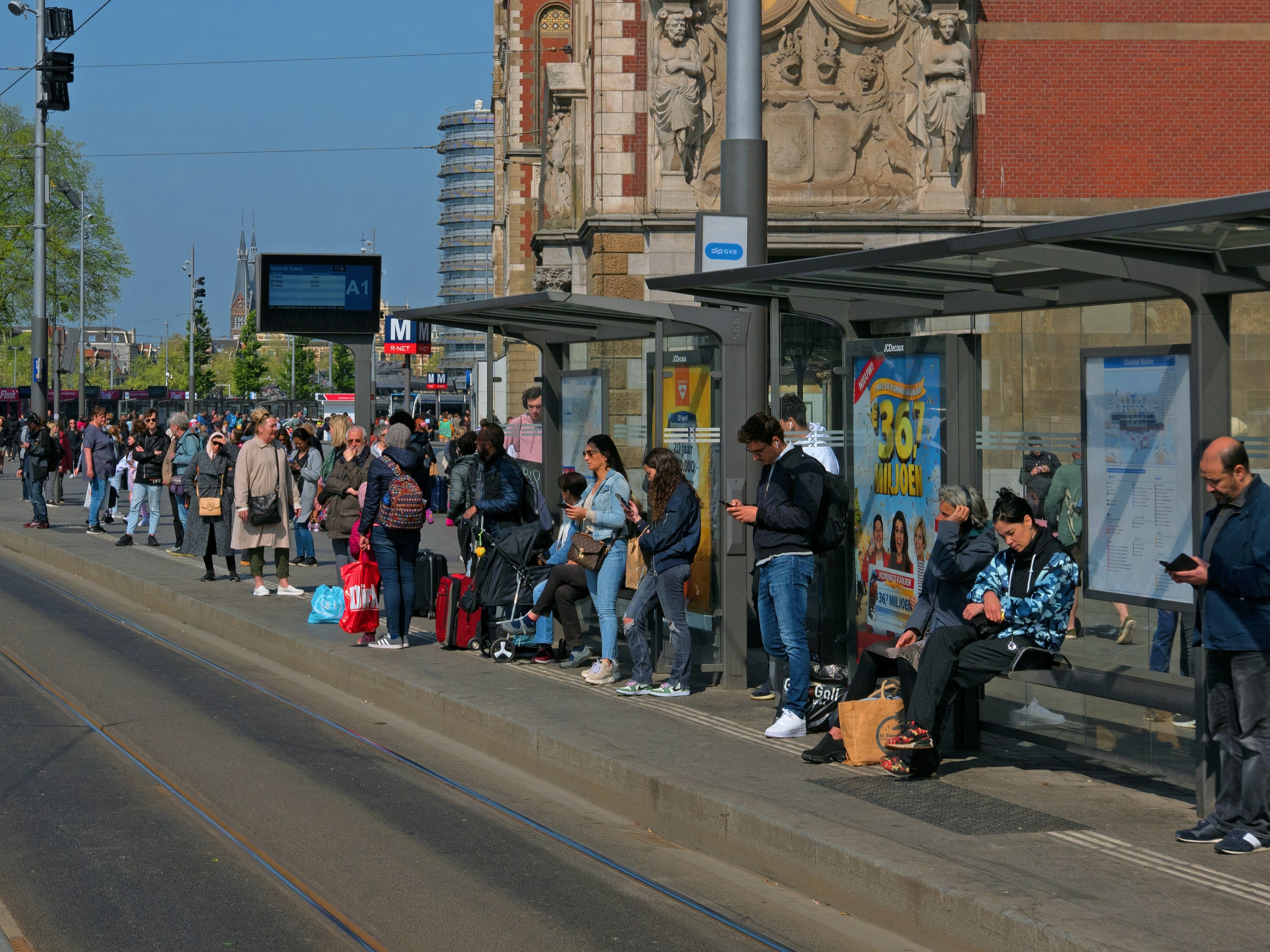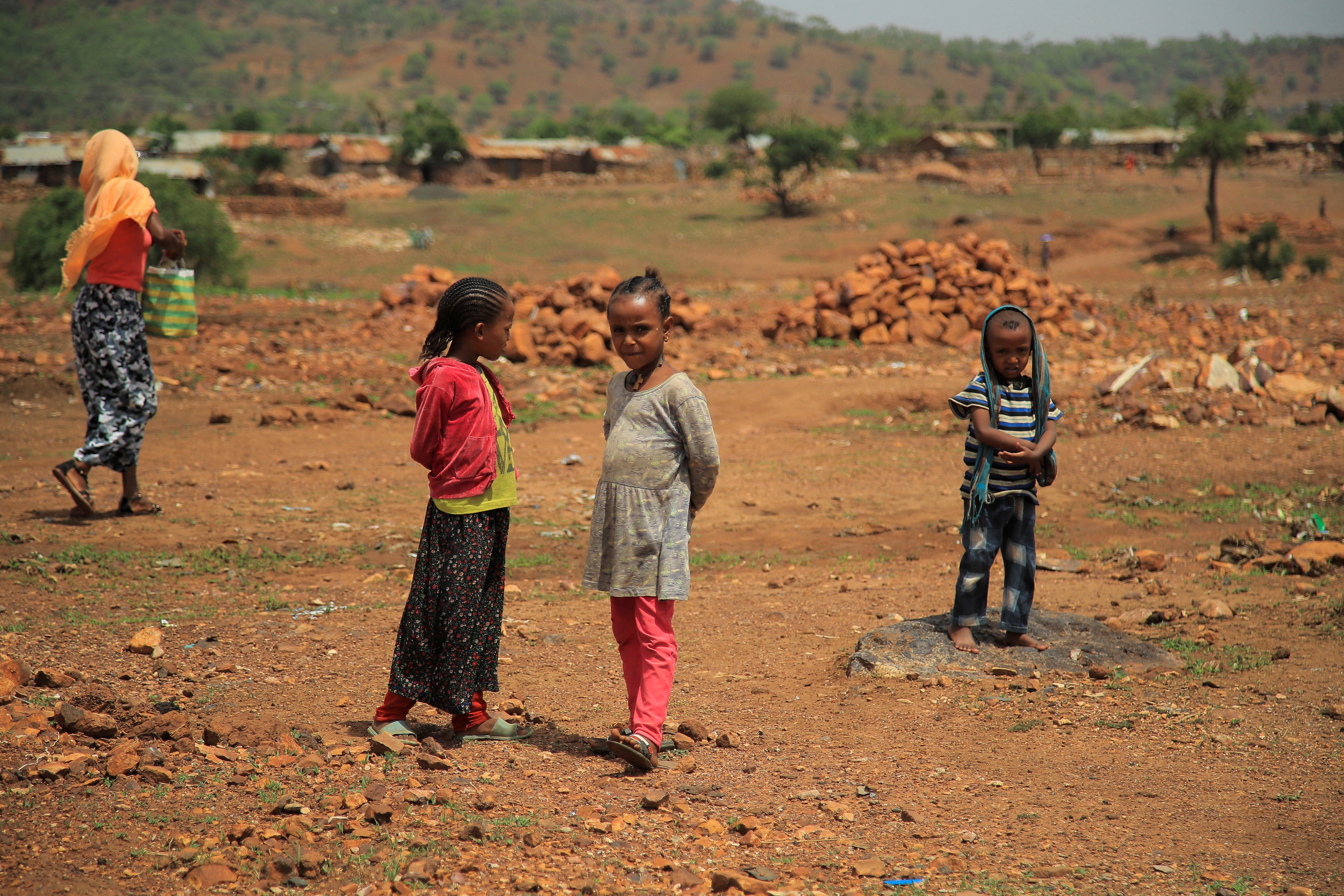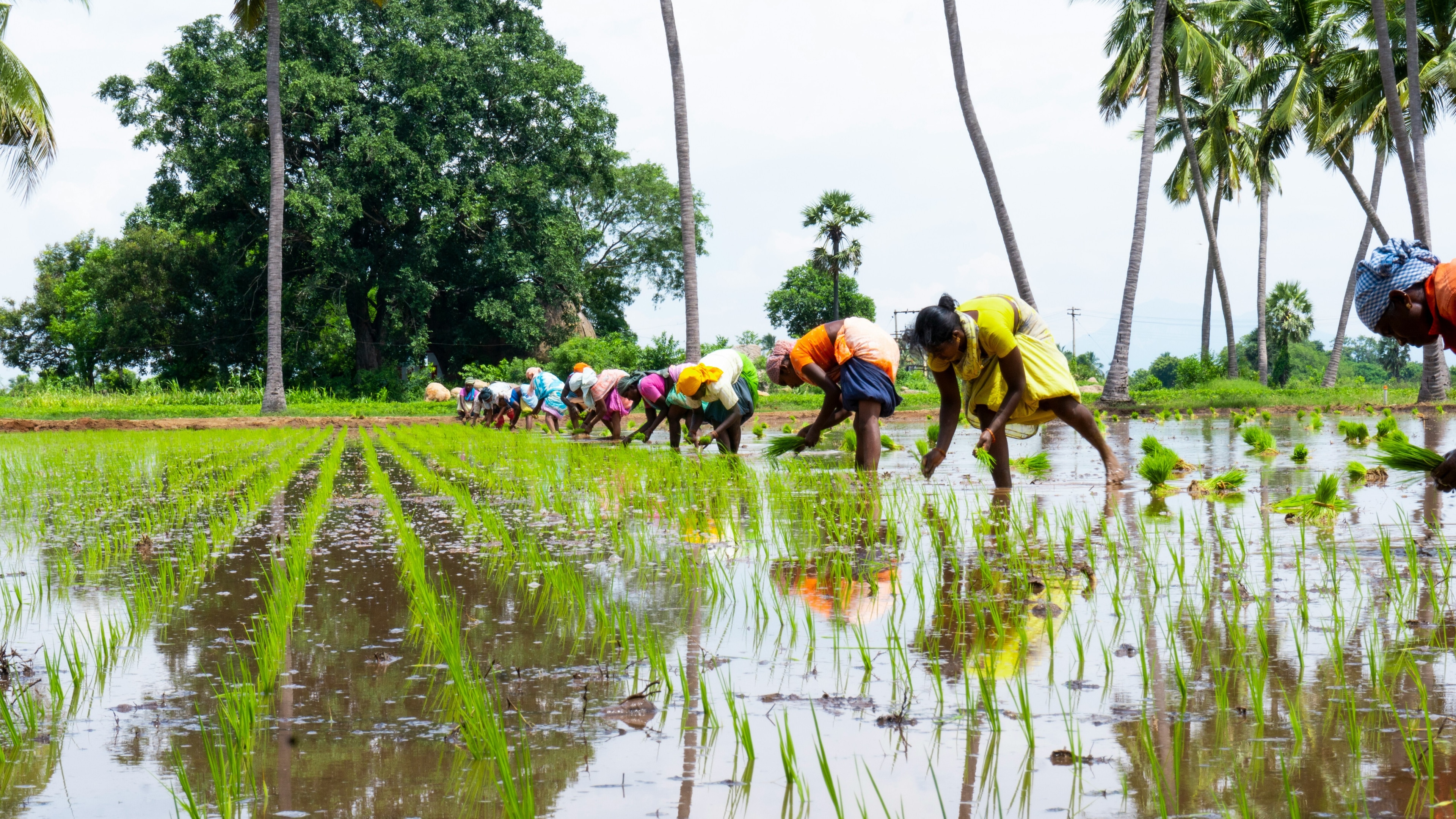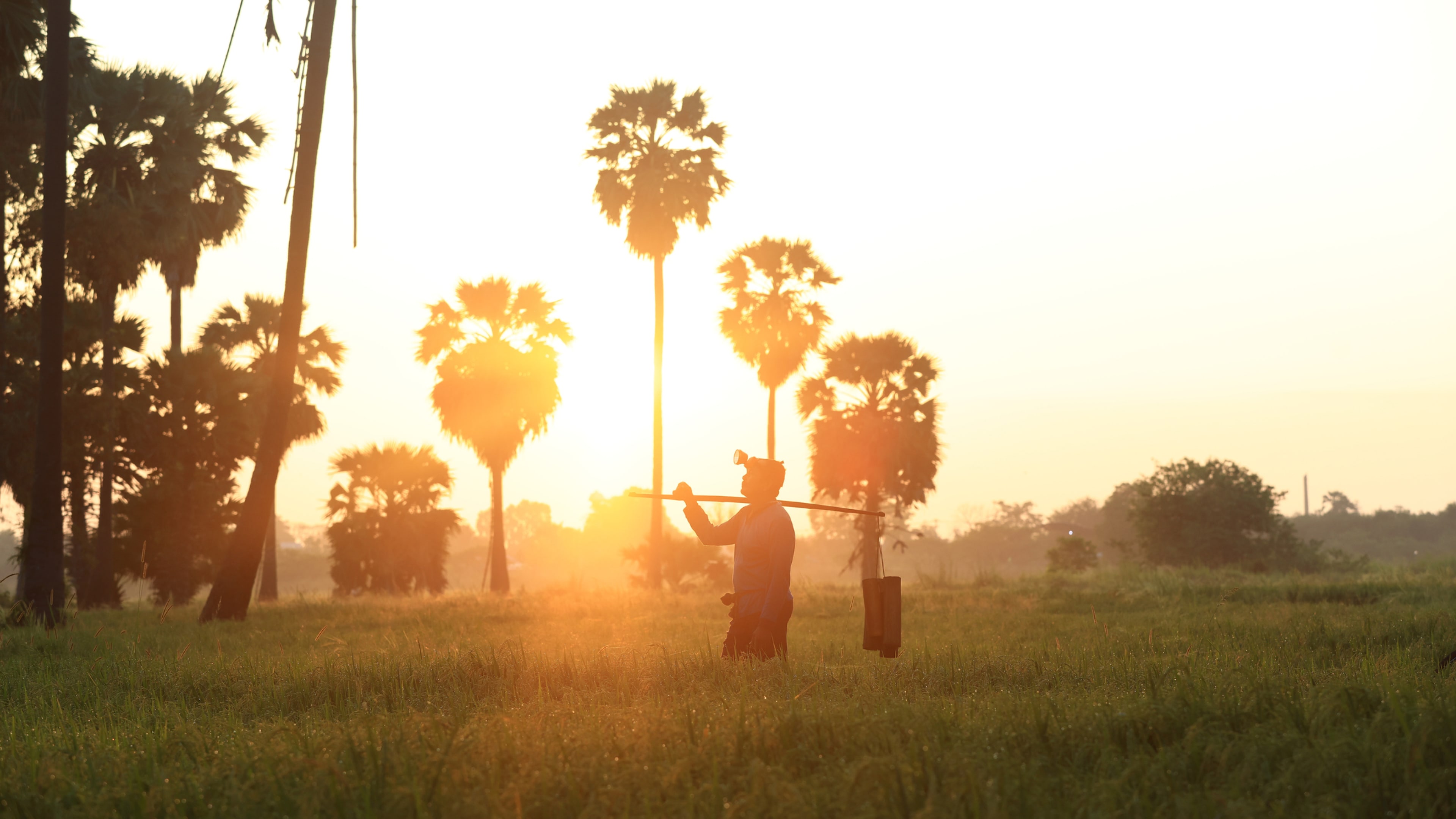How to organize a humanitarian response: Lessons from young people

Answering the humanitarian SOS call: Responding fast, and having a powerful network. Image: UNSPLASH
Listen to the article
This article is published on behalf of the Global Shapers Community.
- When Russia invaded Ukraine, the whole world held its breath and watched in shock as the events progressed. Now, many are trying to help as one of the biggest humanitarian crises of recent history is unfolding.
- The initiative SupportUkraineNow (SUN) by Global Shapers has grown into the most comprehensive guide on how foreigners can help Ukraine.
- Here are the most important lessons from the Global Shapers community on how to organise a humanitarian response to any crisis.
On February 24, 2022, at 5am Kyiv time, Ukrainian cities woke up with the most terrifying alarm clock – the sounds of the massive bombing. This was it – Russia had escalated a full-scale war against Ukraine.
Since then, Ukrainian Global Shapers have united forces with the global community of 14,000 members to consolidate all efforts in addressing the war in Ukraine. Today, the initiative SupportUkraineNow (SUN) by Global Shapers has grown into the most comprehensive guide on how foreigners can help Ukraine. Overall, on the 12th day of war the SUN had reached 350k visitors and processed 1000+ requests.
What is SupportUkraineNOW?

It is a resource to help with:
1. Donating to official funds
2. Joining a protest in your city, influence your authorities, spread the word on social media
3. Sending humanitarian help to Ukraine
4. Joining the foreign legion
5. Hosting Ukrainian refugees, and helping them locally: humanitarian help, legal aid, emotional support
6. Hiring Ukrainians
Have you read?
The humanitarian impact of the crisis in Ukraine will be long-lasting
Ukraine reveals we need better solutions to humanely tackle the growing global refugee crisis
Ukraine calls on the world to help its energy system and avoid nuclear disaster
5 things to know about the humanitarian crisis in Ukraine
Here's what we know about the 1 million women and children who have already fled Ukraine
And behind the scenes, the SUN team works on the coordination of foreign help and volunteers. As of now, we’ve developed a requests support team, legal aid team, humanitarian aid coordination, and fund verification team.
Now, we are engaging a global network. Max, a former Curator of Kyiv Hub, agreed with Intercom for 2 months of free use of its software platform to ensure the safety of the website and access to its extensive functions like chat-bot management.
Dim, Vice-Curator of the Kyiv Hub, engaged Zagoriy Foundation — Ukrainian charitable family foundation in the process of funds verification. Ievgeniia found support from the Government Office communication department. And this is just the beginning.
Our coverage comes to 60K unique visits a day. We have a list of 100 volunteers registered to help us. We receive 100 requests via our chatbot daily. Our website is shared by famous influencers with more than 4M followers, businesses, international communities like European Forum Alpbach and government institutions as Office of the Vice Prime Minister for European and Euro-Atlantic Integration.
This project represents a model of how the international community can organise a humanitarian response to all kinds of crises. The role of volunteers is, first of all, to support and back up a government by being fast-paced and self-organised. The last two weeks during which the war in Ukraine has unfolded have shown that the global society is united like an invisible web all over the world. All international communities you have ever been part of will be an asset for you in order to pull the right strings and reach much-needed help.
At the same time, we focus on those activities in which we have expertise. For others, we engage local volunteers or professionals in other countries. That helps us engage new expertise and grow.
Today, we are sharing below some of the most valuable lessons learned throughout this process:
The humanitarian response: How it started
During the first hours after the invasion, Ievgeniia, Curator of the Global Shapers Kyiv Hub, created a cooperation group between the four Ukrainian Hubs: Kyiv, Lviv, Kharkiv, Odesa. The aim was to spread the word about the situation to the Global Shapers Community, build advocacy campaigns and influence policy-makers to act.
After hundreds of messages from shapers and our international friends "Our thoughts are with you! How are you? How can we help?", we realised we needed a straightforward answer. We realised this was our niche of expertise. Having a huge international network all over the world, we can send a clear message on how foreigners can help Ukraine.
For that purpose, Diana, former GS Kyiv Hub Curator, consolidated all official resources at the Kyiv Hub's Notion document for its easier navigation and distribution. The working document consisted of official funds to donate to, official resources to read news, social media campaigns and protests worldwide.
The team of 30+ Ukrainian Shapers distributed the first link across its network and the six-handshakes rule worked! From 2600 viewers on the first day, the website grew and reached 127K visitors on the 3rd day of its operation.

By the third day of the war, foreigners who saw the website reached the team with specific questions like:
-"...My university wonders how we can help Ukrainian professors and students. Any recommendations?"
-"We are a technology company in Romania. We have a product for the government of Ukraine for free. We want to help the Ukraine Government. Can you please connect to someone?"
We managed to cover these requests based on our internal network and connections between shapers. Ukrainian shapers shared contacts with the ministry of digital transformation, others coordinated logistics to supply humanitarian aid from abroad. The power of the network fascinates you the most when you receive a "report" photo so you can see the team's impact immediately. That was the moment we realised our superpower.
Our superpower in the humanitarian effort
The main essence of requests during war is their urgency. To address them you have to obtain two elements cumulatively: responding fast, and having a powerful network. We have both.
From the first day of the war, we have been addressing pinpointed humanitarian aid and even covered evacuation costs for foreign students for 2.400 USD merely based on our network. While the government addressed other priorities, and global international organisations tackled its bureaucracy machine, we covered both simultaneously and provided links and connections to real people who can help.
Growth: A humanitarian network
A single English version of the website was not enough. We wanted to reach a much broader audience and provide localised country-based information. For that reason, Solomiya, a GS Lviv Hub Shaper, organised extensive work with international volunteers and shapers all over the world. A constant workforce of more than 140 volunteers helped us to translate the main information into local languages and fill country-based pages with the specifics of international assistants according to local initiatives, funds and logistics.
Teamwork for humanitarian action
Having realised what kind of international support and the army of international volunteers is behind us, we felt the need to structure work, separate roles and responsibilities within the team and define our areas of activity. At first, we highlighted three spheres:
1. Internal cooperation includes Ukrainian humanitarian aid distribution between cities, its logistics, coordination of volunteers between cities.
2. External cooperation is dedicated to: content — editors’ team to update the website, local tips team that works on translation and localisation, foreign help coordination, and communication — popularisation of the website worldwide.
3. Effective organisation works with the structure of the team, KPIs and measuring impact, conflict resolution.
Lessons learned during the first week:
1. People are the most valuable resource to create and grow an effective project
And especially in war times, you need to bear responsibility for the safety of the team first. You need to consider the fact that people might be hiding at the shelter, being unavailable during the day or just being mentally unable to work. This is a new reality we need to take into account. The first question on the daily call is “How are you feeling?”. During the strategic session on the future of the project, shapers firstly turned out to discuss evacuation plans for the team and their families.
2. Global unity and impact is the key motivator
We received support and words of appreciation both for Ukraine and for our work. Knowing that Ukraine is not alone in this war, and that we are creating a valuable product helps deal with anxiety and stress. During our daily morning check-in calls, shapers mention that working together helps them not fall into desperation about current events.
3. Structure of the work and self-organisation should come from the beginning
Shapers self-organised into working groups, daily calls, created internal documentation. Clear guidelines and decision-making rules help to simplify operational resources and keep the team focused on the aim of the project.
There is no hierarchy, only coordination, support, and people are willing to do what’s possible for them and more.
If you want to get involved with SUN, please get in contact here.
Don't miss any update on this topic
Create a free account and access your personalized content collection with our latest publications and analyses.
License and Republishing
World Economic Forum articles may be republished in accordance with the Creative Commons Attribution-NonCommercial-NoDerivatives 4.0 International Public License, and in accordance with our Terms of Use.
The views expressed in this article are those of the author alone and not the World Economic Forum.
Stay up to date:
Ukraine
Related topics:
Forum Stories newsletter
Bringing you weekly curated insights and analysis on the global issues that matter.
More on Resilience, Peace and SecuritySee all
Shoko Noda and Kamal Kishore
October 9, 2025

